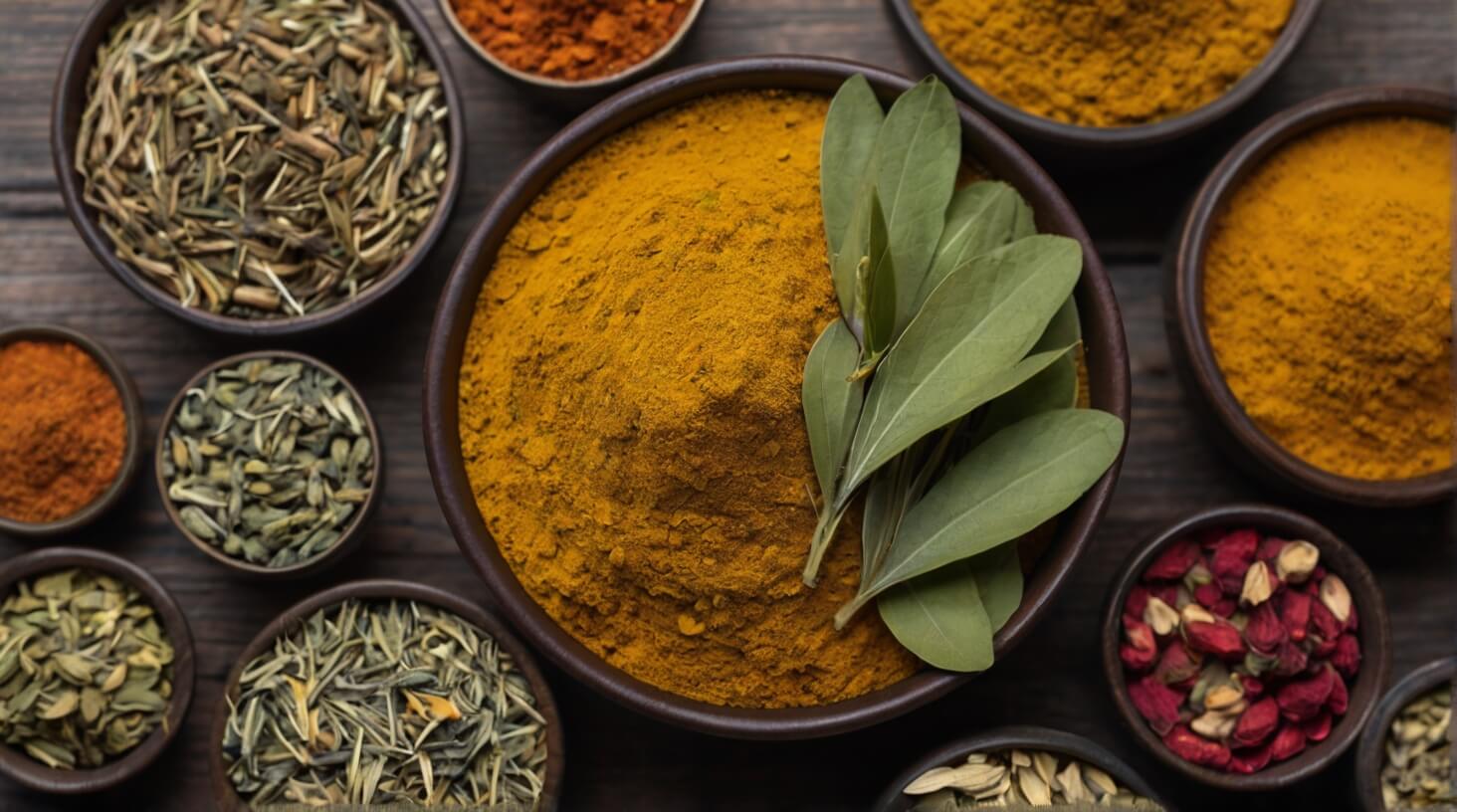You might think that only pharmaceuticals can effectively manage inflammation, but a wealth of natural remedies are at your fingertips, offering relief without relying solely on medication. As you seek out alternatives, it’s essential to discern which options have scientific backing and can genuinely benefit your health. You’re about to explore how adjustments in your diet, such as incorporating anti-inflammatory foods, can play a pivotal role in controlling inflammation. Moreover, you’ll learn about the power of physical activities and how even moderate exercise can significantly reduce inflammatory markers in your body. Various stress management techniques and their impact on your body’s inflammatory response will also be uncovered. While this is just the tip of the iceberg, the potential benefits of natural remedies warrant a closer look at how they can complement your health regimen and what precautions you should consider before embracing them.
Key Takeaways
- Herbal remedies such as turmeric, ginger, green tea, thyme, white willow bark, frankincense, and resveratrol show promise for reducing inflammation, but further research is needed.
- Dietary adjustments, such as following a plant-focused diet rich in fruits and vegetables and minimizing refined carbohydrates, sugary snacks, and processed foods, can help reduce inflammation.
- Regular physical activity, including gentle exercises like yoga and mindful walks, can have intrinsic anti-inflammatory effects and help manage the body’s inflammatory response.
- Improving sleep quality through consistent sleep routines, creating a peaceful sleep environment, and using calming herbs like lavender and chamomile can enhance the immune system’s efficiency and reduce inflammation.
Anti-Inflammatory Herbal Powerhouses

Harnessing the power of nature, you can tap into the anti-inflammatory benefits of herbal titans like turmeric and ginger to combat inflammation effectively and naturally. When incorporated into your diet, these herbs help reduce the impact of chronic inflammation, which is a root cause of many health challenges.
Turmeric, a golden-hued root, is rich in curcumin, known for its potent anti-inflammatory compounds. It’s not just a culinary spice but a powerful ally in your health journey, helping to reduce inflammation, particularly in conditions like arthritis. By limiting cytokine production, turmeric supports a balanced immune response, fostering an environment for healing and comfort.
You’ll also find that ginger, with its zesty profile, is more than a flavor enhancer. Its ability to limit both cytokine production and cyclooxygenase enzyme activity makes it an excellent choice for managing arthritis and pain. With each ginger-infused meal or ginger green tea sip, you’re actively supporting your body’s natural ability to reduce inflammation.
Green tea, a beverage revered for centuries, contains compounds that disrupt inflammatory processes. Its consumption can have a positive effect on inflammation, especially in metabolic disorders, offering a range of health benefits that extend beyond its anti-inflammatory action.
While the promise of herbs like thyme, white willow bark, frankincense, and resveratrol is intriguing, continued research is essential to fully understand and harness their potential. Remember, while these herbal remedies can be powerful tools, they may also carry risks and interact with medications. Always consult with a healthcare professional before integrating them into your regimen. Your commitment to serving others begins with nurturing your own well-being through nature’s abundant pharmacy.
Dietary Adjustments for Inflammation
Making simple changes to your diet can significantly dampen the flames of inflammation, steering you toward a more vibrant state of health. Embracing a holistic, evidence-informed approach ensures that the foods you choose not only nourish you but also serve as a balm to combat inflammation. A plant-focused regimen rich in fruits and vegetables is foundational, as these foods are teeming with antioxidants and phytonutrients that help lower the risk of chronic diseases.
Incorporating elements of the Mediterranean diet may help to further enhance these benefits. This diet emphasizes whole grains, lean protein, especially fish rich in omega-3 fatty acids like fish oil, and a bounty of leafy greens, all of which are staples of an anti-inflammatory diet. Not only do these foods help in the battle against inflammation, but they also represent a compassionate choice toward both yourself and the greater community, supporting sustainable farming and fishing practices.
Conversely, it’s crucial to identify and minimize foods that may increase inflammation. Refined carbohydrates, sugary snacks, and processed foods can trigger inflammatory responses, undermining your efforts to serve your body’s needs effectively. By reducing your intake of these foods, you’ll not only dampen inflammation but also contribute to a more holistic, health-supportive way of living.
The Role of Physical Activity

While adjusting your diet is a crucial step towards reducing inflammation, incorporating regular physical activity into your lifestyle is equally important for maintaining your body’s harmony and well-being. Engaging in regular exercise not only helps control your weight but also has intrinsic anti-inflammatory effects that contribute to lowering inflammation throughout your system. By embracing physical activity, you’re taking proactive steps to enhance your health and mitigate the risk of chronic conditions associated with elevated inflammation levels.
Physical activity, particularly when it aligns with your body’s natural rhythms, supports the reduction of stress, a known risk factor for both mental health challenges and inflammation. Activities like yoga or mindful walks in nature can be especially potent, marrying the calming influence of a serene environment with the physical benefits of gentle movement. These forms of exercise help to center your mind, fostering a sense of peace that can help manage the body’s inflammatory response.
Moreover, by maintaining a moderate weight through regular exercise, you further contribute to your body’s anti-inflammatory environment. This isn’t about pushing your limits to the extreme but rather finding a balance that maintains your health and vitality. Gentle, consistent physical activity can lead to lasting changes in how your body manages inflammation.
Simply put, your commitment to physical activity is a powerful ally in the quest for a balanced and inflammation-conscious lifestyle. Whether you’re tending to a community garden, engaging in a restorative yoga practice, or taking a mindful hike, you’re serving your body’s need for movement while honoring its need for healing. Remember, each step you take is a step towards a healthier you, with the ripple effects of your actions extending outward to those you serve.
Improving Sleep Quality

A restorative night’s sleep is essential for your body’s ability to fight inflammation, with evidence suggesting that quality slumber can significantly enhance your immune system’s efficiency. In the health and wellness space, you’re often reminded of the interconnectedness of dietary and lifestyle choices with your overall well-being. As someone dedicated to serving others, it’s important to understand how better sleep can alleviate inflammatory health conditions and reduce the activity of inflammatory molecules within the body.
In a holistic approach to health, consider these evidence-informed, plant-focused strategies to improve sleep quality:
- Herbal Remedies: Incorporate calming herbs such as chamomile, valerian root, or lavender into your evening routine. These have been traditionally used to promote relaxation and may have a positive effect on sleep.
- Optimize Your Diet: Consume foods rich in magnesium and omega-3 fatty acids, like leafy greens and flaxseeds, which may help in managing chronic inflammatory conditions and improving sleep.
- Mindfulness and Relaxation: Engage in mindfulness practices or gentle yoga before bed to help quiet the mind and prepare the body for rest.
A systematic review and meta-analysis of the impact of sleep on inflammatory health conditions underscores the importance of quality rest. You’ll not only fight inflammation more effectively, but also enhance your ability to empathize and care for others through your own experience of improved health.
Stress Management Techniques
To naturally counteract the adverse effects of stress on your body’s inflammatory response, it’s essential to integrate stress management techniques into your daily life. Chronic stress can cause inflammation, which increases your risk of chronic diseases, including inflammatory bowel disease and other chronic health issues. By adopting a holistic approach to stress reduction, you support your immune system and inflammatory processes, promoting overall well-being.
Mindfulness and deep breathing are powerful anti-inflammatory tools that soothe your mind and reduce the physical impact of stress. These practices help you stay present and engaged, lessening the likelihood of stress-induced inflammation. Regular physical activities like yoga and meditation serve as natural remedies, not only reducing tension but also strengthening your body’s resilience against stress.
Prioritizing quality sleep is another cornerstone of managing stress. A restorative night’s sleep allows your body to repair itself, which can mitigate the harmful effects of stress on inflammation. Techniques such as progressive muscle relaxation or guided imagery can also be effective in lowering stress levels, helping to protect people with chronic conditions from the exacerbation of symptoms.
Incorporating practices such as journaling or spending time in nature into your daily routine can provide a consistent and nurturing space for stress reduction. Engaging with a supportive social network is invaluable. It provides a sense of belonging and understanding, which can be particularly beneficial for those serving others and managing their own chronic health concerns.











